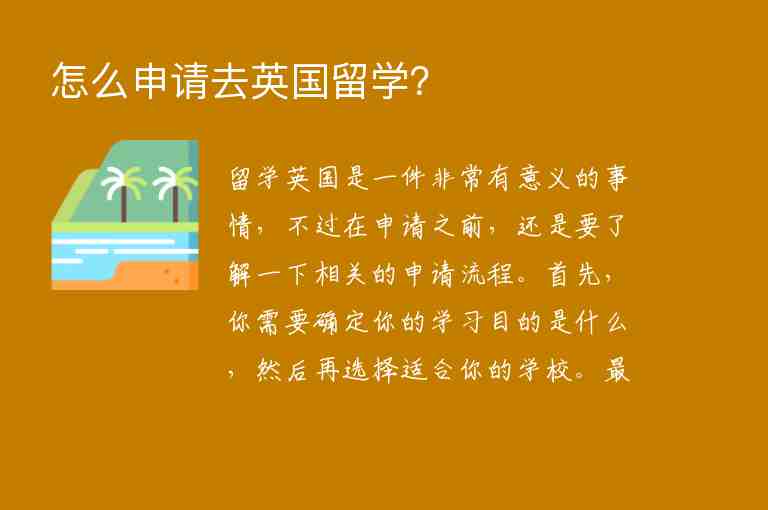灾变(zāi biàn)是指突发的、广泛的、严重的自然或人为灾害所造成的巨大损失和破坏。这种灾害可能是地震、风暴、洪水、干旱等自然灾害,也可能是战争、恐怖袭击、核爆炸等人为灾害。灾变通常会给社会和个人带来巨大的财产损失和生命伤亡,对社会经济发展和个人生活产生深远影响。
怎么读(音标)
zāi biàn [zɑ́i biɛ̀n]
用法
作为名词使用,表示突发的自然或人为灾害。
例句1-5句且中英对照
1. The earthquake in Haiti in 2010 was a catastrophic disaster, causing widespread devastation and loss of life.
海地2010年的地震是一场灾变性的灾难,造成了广泛的破坏和生命损失。
2. The war in Syria has resulted in a humanitarian crisis, with millions of people displaced and facing the consequences of the disaster.
叙利亚战争导致了一场人道主义危机,数百万人流离失所,并面临着灾变带来的后果。
3. The typhoon that hit the Philippines in 2013 was one of the worst natural disasters in recent history, causing widespread destruction and loss of life.
2013年袭击菲律宾的台风是近年来最严重的自然灾害之一,造成了广泛的破坏和生命损失。
4. The Chernobyl nuclear disaster in 1986 was a man-made catastrophe, with long-lasting effects on the environment and human health.
1986年的切尔诺贝利核灾变是一场人为的灾难,对环境和人类健康产生了长期影响。
5. The government has launched emergency measures to help those affected by the disaster and to prevent further catastrophes.
已经采取紧急措施来帮助受灾者,并防止进一步的灾变发生。
同义词及用法
1. 灾难(zāi nàn):指突发的、严重的不幸,通常指自然或人为造成的大规模破坏和损失。
2. 灾祸(zāi huò):指不幸或不幸的事情,常用于比喻性语境。
3. 灾害(zāi hài):泛指自然或人为造成的损害、破坏和伤害。
4. 灭顶之灾(miè dǐng zhī zāi):比喻极其严重的灾难。
5. 天灾人祸(tiān zāi rén huò):指自然灾害和人为灾害。
编辑总结
灾变是指突发的、严重的自然或人为灾害所造成的巨大损失和破坏。这种灾难可能会给社会和个人带来巨大的财产损失和生命伤亡,对社会经济发展和个人生活产生深远影响。作为词典编辑,我们应该及时收集整理相关信息,提供准确的释义和例句,帮助读者更好地理解这一概念。同时也要关注防范措施,减少灾变带来的影响,保护社会安全与人民生命财产安全。



